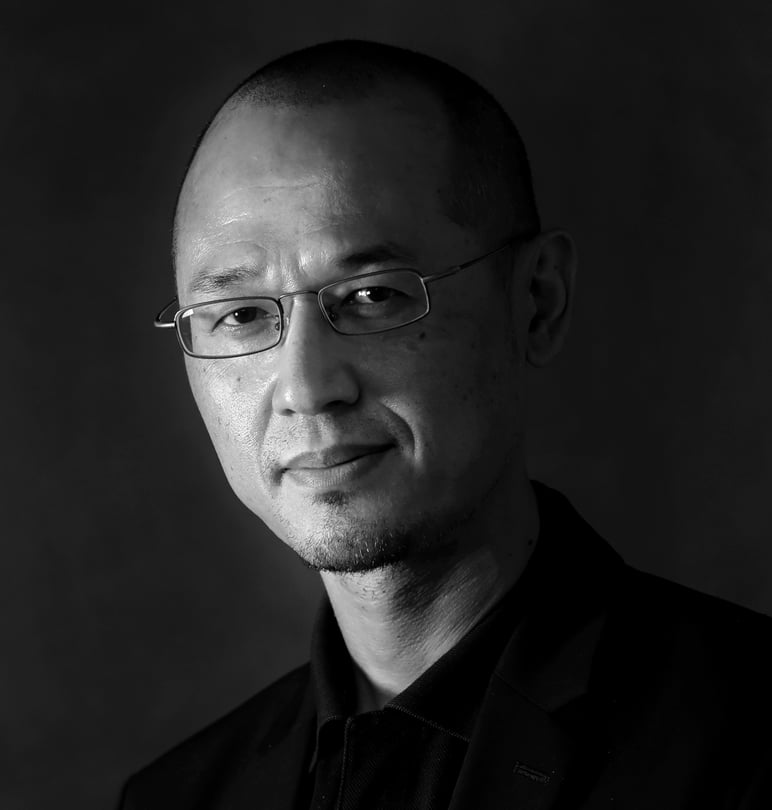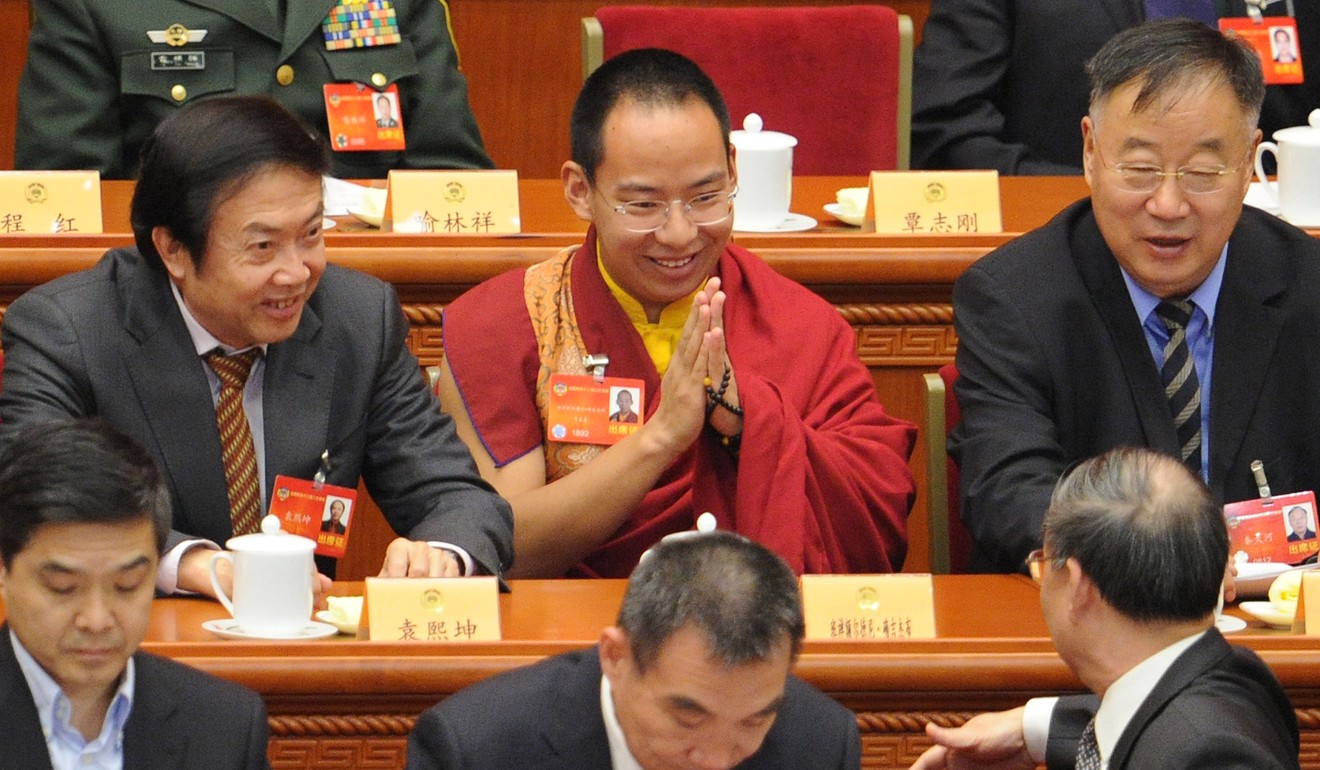
China and the Dalai Lama play endgame for Tibet, and it’s going to be an unholy mess
- Yonden Lhatoo says a hardline policy shift from Beijing and the exiled Tibetan spiritual leader’s latest stance on reincarnation have set the stage for an unholy clash over finding his successor
Something sticks out like a sore thumb if you look at China’s latest policy blueprint for Tibet – there’s no mention of engaging with the Dalai Lama any more.
The white paper, titled “Democratic Reform in Tibet – Sixty Years On”, is all about “the greatest and most profound social transformation in the history of Tibet” under Chinese Communist Party rule.
Contrast that with the 50th anniversary white paper of 2009, which stated that the “central government has opened and will always keep its door open for the 14th Dalai Lama to return to a patriotic stand”. The policy shift is loud and clear.
Even more significantly, the document asserts that Beijing has further institutionalised the process under which the Dalai Lama’s successor will be chosen – which was first enshrined in the “Measures on the Management of the Reincarnation of Living Buddhas of Tibetan Buddhism” guidelines issued 12 years ago.

That’s a pre-emptive strike against any move by the Tibetan spiritual leader to name his successor from the Indian city of Dharamsala, where he has been living in exile since fleeing his homeland after a failed uprising against Chinese rule 60 years ago.
In a recent interview with Reuters, the 83-year-old Nobel peace laureate launched a pre-emptive strike of his own, suggesting his reincarnation could well be “found” in India after his death.
“China considers [the] Dalai Lama’s reincarnation as something very important. They have more concern about the Dalai Lama than me,” he said, warning that Beijing would find its own candidate to succeed him.
“In future, in case you see two Dalai Lamas come, one from here, in [a] free country, one chosen by [the] Chinese, then nobody will trust, nobody will respect [the one installed by China]. So that’s an additional problem for the Chinese.”
Beijing ‘signals shift’ on Dalai Lama with new white paper on Tibet
He’s singing a very different tune from the dirge in a December 2014 interview with the BBC, when he suggested he might – and perhaps even should – be the last of his line.
“The Dalai Lama institution will cease one day. These man-made institutions will cease,” he said back then. “There is no guarantee that some stupid Dalai Lama won’t come next, who will disgrace himself or herself. That would be very sad. So, much better that a centuries-old tradition should cease at the time of a quite popular Dalai Lama.”
It was actually a remarkable concession on his part that this whole business of Tibetan god-kings on their death beds identifying the bodies into which they will be reborn as “living Buddhas” is just man-made bunk, susceptible to human fallibility and corruption, rather than a divinely ordained necessity, steeped as it may be in religious tradition.
Ironically, China’s purportedly atheist system is ostensibly subscribing to superstition to suit its purpose when it comes to ensuring that only someone directly under its control gets to officially take up the Dalai Lama’s mantle. That, obviously, has to do with the sheer devotion the 14th holder of the title evokes among millions of Tibetans, both within China and around the world.
Beijing has already set the stage for another key figure in Tibetan Buddhism, the Panchen Lama, to be involved in naming the Dalai Lama’s successor. The 11th Panchen Lama, by the way, is the Beijing-installed one who now lives in Tibet – the other claimant to the title disappeared in China in 1995 after he was named by the Dalai Lama himself.
The Tibetan spiritual leader is said to be ailing – there’s even speculation that he is terminally ill and may not be around much longer – which means the endgame has begun.
It’s going to be an unholy mess, mixing religious faith and cold, hard politics, with the Dalai Lama’s soul trapped somewhere in between.
Yonden Lhatoo is the chief news editor at the Post

